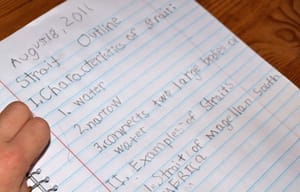
What does an editor actually do?
It's a lot more than just fixing grammar. The best editors know how to improve the copy and the writer at the same time.
7 min read











Subscribe to my newsletter on writing & storytelling